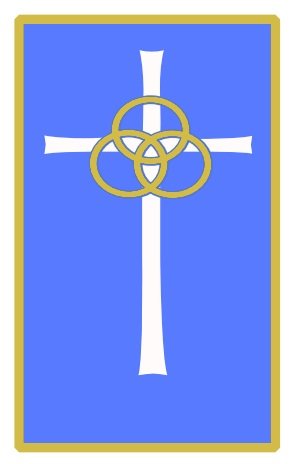God's Love, Without Boundaries
This morning's sermon continues our look at the prophet, Elijah (1 Kings 17: 7-25).
After the brook at Cherith dries up, God tells Elijah to make the one hundred mile walk to Zarephath, and without hesitating, Elijah gets up and goes to this village in Sidon, which just happens to be Jezebel's homeland. Elijah's trust is hard as a rock. Once in Zarephath, he meets the widow and her son, whom God told him to seek out.
God works a miracle and allows their provisions to not run out, but then the little boy dies. Elijah doesn't even have to ask God what to do, he immediately replies, "GIve me your son." The widow was not the only one tested that day. Elijah doesn't wonder if God is there or if God is capable, he's just wondering what God's plan is. This is actually the first resurrection story in the Bible, which points to the importance of the story.
Jesus also includes it in one of his first sermons: "And he said, “Truly, I say to you, no prophet is acceptable in his hometown. But in truth, I tell you, there were many widows in Israel in the days of Elijah, when the heavens were shut up three years and six months, and a great famine came over all the land, and Elijah was sent to none of them but only to Zarephath, in the land of Sidon, to a woman who was a widow" (Luke 4: 24-26).
Sidon, the land of Jezebel, the land of Baal, matters to God as well. We need to pray for God's mercy for everyone, not just his "chosen," or those already within his fold. Our prayer should be that God would resurrect all people to new life in Christ.
